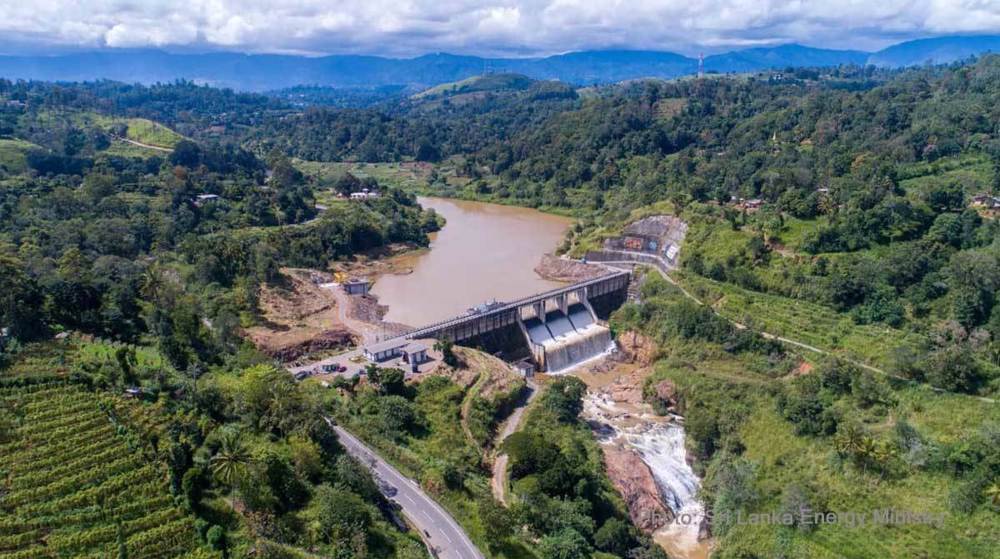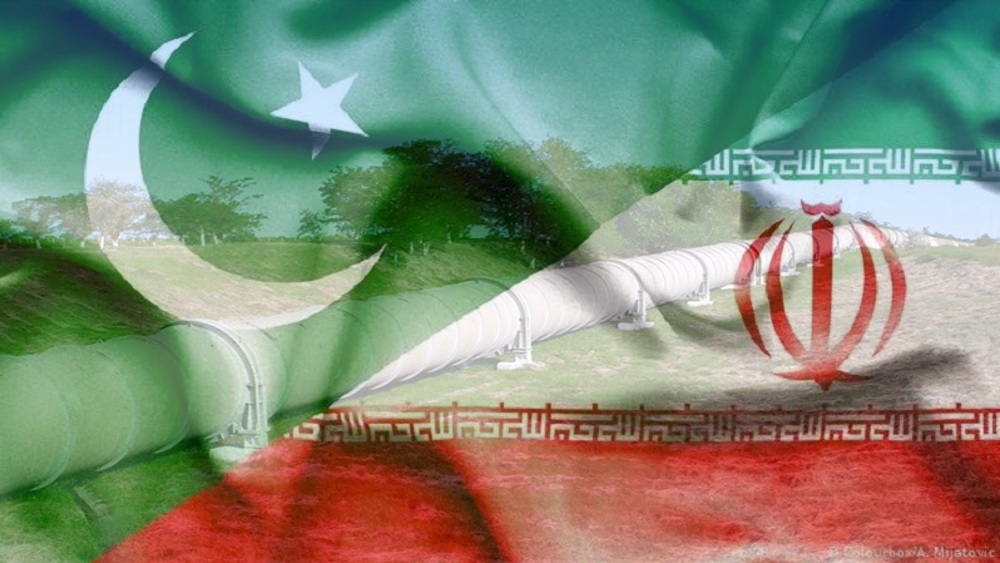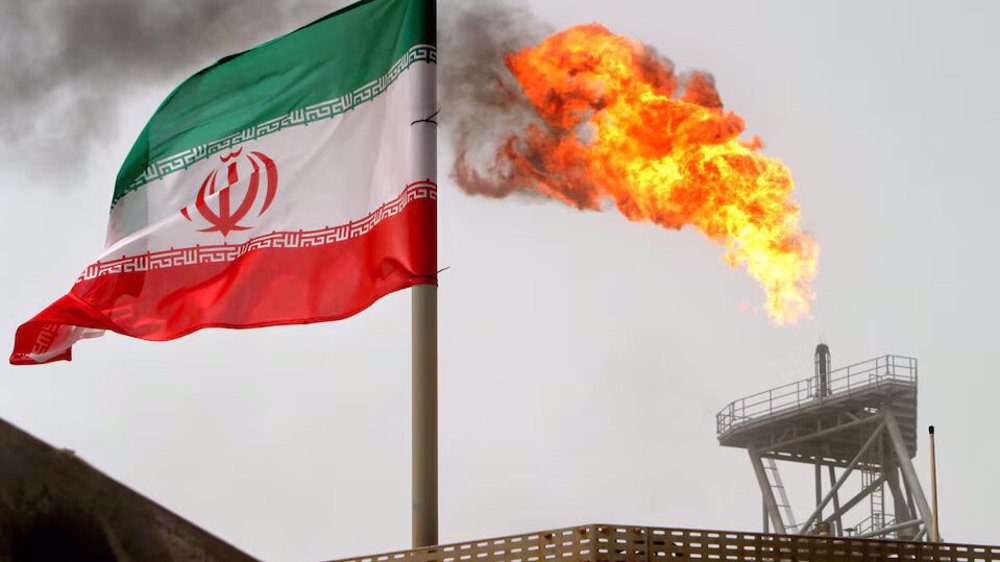Iran: Pakistan firm on gas pipeline plan
Pakistan is firm on receiving gas from Iran through a pipeline, a senior official says, dismissing reports that Islamabad might have ditched the project.
“Islamabad has never given up purchasing Iranian gas,” Managing Director of the National Iranian Gas Exports Company (NIGEC) Alireza Kameli said on Sunday.
Pakistan signed this month a 15-year agreement to import up to 3.75 million tonnes of liquefied natural gas a year from Qatar, prompting speculation that it might have abandoned the Iran project.
Kameli said, “LNG imports will not answer Pakistan’s demands and the country is naturally considering other options such as gas imports through the TAPI pipeline.”
TAPI gets its name from Turkmenistan, Afghanistan, Pakistan and India, a pipeline project worth $10 billion to pump natural gas to south Asia. It will be completed by December 2019 with a capacity of 33 billion cubic meters.
“Pakistan has to pay a high price to receive gas through this pipeline (TAPI); hence the ultimate cost of gas would be higher than Iranian gas,” Kameli told the Shana news agency.

The Iranian project would take gas to Pakistan without the need to cross more than 700 km through Afghanistan as TAPI requires.
Insecurity in Afghanistan which is facing a resurgent militancy and the region’s complex geopolitics has forced Western giants such as Chevron, Exxon, BP and Total to refrain from committing to the project.
Iran built the 900 km length of the pipeline on its territory in 2013, pending Pakistan’s completion of its section to start the gas flow. Islamabad has fallen behind the target to take gas deliveries in the winter of 2014.
The country has dragged its feet under pressure from the US which is supporting TAPI and urging Pakistan to consider other options.
The energy crisis in Pakistan, which suffers about 12 hours of power cuts a day, has worsened in recent years amid 4,000 megawatts of electricity shortfall. The nation of 190 million people can only supply about two-thirds of its gas needs.
Iran’s Deputy Petroleum Minister Amir Hossein Zamaninia has said Tehran welcomed Pakistan’s decision to diversify its energy sources.
“Iran is favorably placed to help Pakistan because the country’s gas needs exceed the agreed volume for LNG purchases from Qatar,” he said recently.
Pakistan’s Minister for Petroleum and Natural Resources Shahid Khaqan Abbasi has also said the country’s LNG deal with Qatar did not dispense with the Iran project. Abbasi has said the import of gas from Iran through a pipeline was the best option.
On Sunday, Kameli said, “Joint border with Iran can help Pakistan receive cheaper gas. Besides, exporting gas via pipeline is always more economical than other options all across the world.”
‘Say no to Biden’: US college being pressed not to endorse genocide
VIDEO | UN: Alarming food insecurity crisis grips Afghanistan
VIDEO | Stuck in quagmire
UK suspends legal assessments of Israeli violations in Gaza
Students protest at US universities to urge end in financial ties to Israel
Biden signs war aid bill supplying Israel, Ukraine with more weapons
VIDEO | France, West warn Israel against escalation with Iran
Iran refutes Kuwait’s assertion of exclusive rights to Arash gas field










 This makes it easy to access the Press TV website
This makes it easy to access the Press TV website